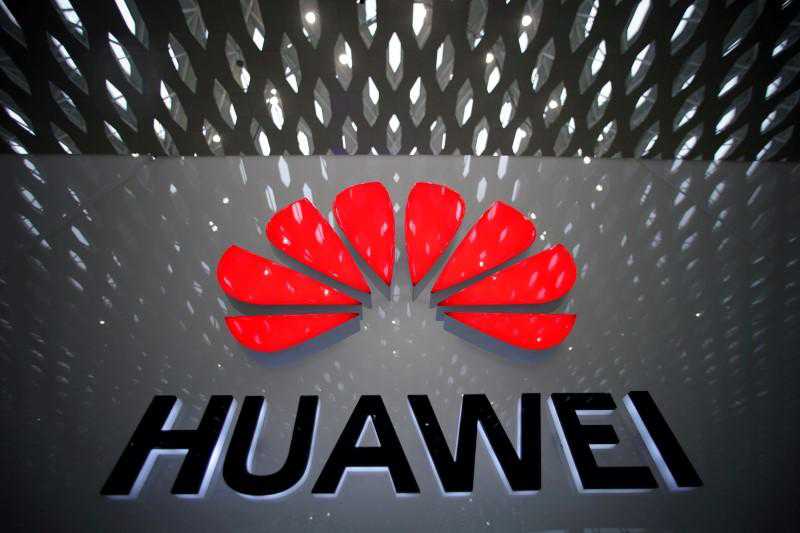U.S. prepares crackdown on Huawei's global chip supply
30 March, 2020

Senior officials on the Trump administration have decided to latest measures to restrict the global way to obtain chips to China's Huawei Systems, sources familiar with the problem said, as the White colored House ramps up criticism of China more than coronavirus.
The approach comes as ties between Washington and Beijing grow more strained, with both sides trading barbs over who's to blame for the pass on of the disease and an escalating tit-for-tat over the expulsion of journalists from both countries.
Under the proposed guideline change, foreign companies that use U.S. chipmaking equipment will be required to get yourself a U.S. permit before supplying specific chips to Huawei. The Chinese telecoms enterprise was blacklisted last year, limiting the company's suppliers.
One of the options said the rule-transformation is targeted at curbing revenue of chips to Huawei by Taiwan Semiconductor Developing Co, a major producer of chips for Huawei's HiSilicon unit, as well as the world's major contract maker.
It really is unclear if President Donald Trump, who seemed to rebel against the proposal last month, will indication off on the rule change. But if finalized, it might offer a blow to Huawei and TSMC, hurting U.S. companies aswell, sources said.
"This is going to have a far more negative effect on U.S. corporations than it will on Huawei, because Huawei will develop their own source chain," trade legal professional Doug Jacobson explained."Ultimately, Huawei will see alternatives."
A person familiar with the problem said the U.S. government has truly gone to superb lengths to ensure impacts on U.S. industry will be nominal.
The approach could anger Beijing, which includes spoken out against a worldwide campaign by the United States to compel allies to exclude Huawei from their 5G networks over spying concerns. Huawei provides denied the allegations.
Most chip manufacturers count on equipment made by U.S. corporations like KLA Corp, Lam Study and Applied Products, according to a report this past year from China's Everbright Securities.
The equipment makers didn't immediately respond to requests for comment.
Your choice came when U.S. officials from various organizations met and decided on Wednesday to improve the Foreign Direct Item Rule, which topics some foreign-made goods predicated on U.S. technology or software to U.S. restrictions, the sources said.
Attendees likely included best officials from the National Secureness Council and the U.S. Departments of Talk about, Defense, Energy and Commerce. None of them responded to requests for comment.
Huawei declined to comment, and TSMC did not immediately react to a request for comment.
One of the resources said the rule-modification is targeted at restricting the sales of complex chips to Huawei rather than older, even more commoditized and accessible semiconductors.
“It’s impossible to show the effect until we realize the complex thresholds that might apply," said Washington attorney Kevin Wolf, a previous Commerce Department official.
“Different foundries make diverse chips at different capabilities which means you wouldn’t know which foundries are actually affected the most until you understand the technical thresholds,” he said.
The United States put Huawei on a blacklist in May last year, citing national security concerns. The entity listing, as it is known, allowed the U.S. government to restrict revenue of U.S.-built goods to the business plus some more limited products made abroad which contain U.S. technology.
But under current restrictions, key foreign source chains remain beyond the reach of U.S. authorities, fueling frustration among China hawks in the administration and prompting a drive to toughen up export rules for the company, Reuters reported in November.
The hawks’ efforts appeared in danger previous month when Trump reacted strongly against the proposed crackdown, after Reuters and the Wall Street Journal reported a proceed to block global chip sales to Huawei was in mind.
"I want our corporations to be permitted to do business. I mean, things are placed on my desk that contain nothing to do with national reliability, incorporating with chipmakers and different others. So we’re going to cease, and what will happen? They’ll produce those chips in a different country or they’ll make them in China or someplace else," Trump said.
Source: japantoday.com
